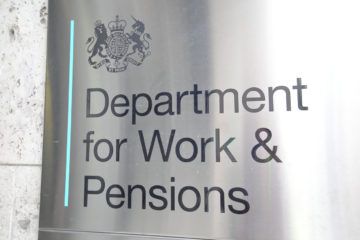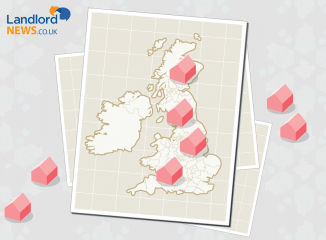Landlords considering eviction due to lack of access to Universal Credit APAs
Landlords with tenants in receipt of Universal Credit are struggling to set up Alternative Payment Arrangements (APAs), Caridon Landlord Solutions reports.
The online Universal Credit landlord portal is closed to new claimants, possibly due to the Department for Work and Pension (DWP) being overwhelmed by the number of new claims. Caridon Landlord Solutions reports that landlords are saying this issue is forcing them to consider serving notice on their tenants.
Last year, the DWP launched an online landlord portal system to allow social rented sector landlords to verify rent and submit managed payment requests online. This meant if a tenant was having difficulty meeting their rent payments, the landlord could request to set up an APA, meaning the housing element of the tenant’s Universal Credit payment would be paid directly to the landlord.
The landlord service provider highlights that the number of people claiming Universal Credit across the UK has risen from 2.9 million in February 2020 to 5.9 million in January 2021. They believe many will be tenants who previously signed up to private tenancies based on their income at the time, but due to COVID-19 are now facing changes to their employment status and finding that Universal Credit simply does not cover their rent.
Sherrelle Collman, Managing Director of Caridon Landlord Solutions, says: “It is an extremely difficult situation. The pressure that DWP must be under due to the rise in claimants is enormous, but when tenants are struggling to meet their rent payments, we know that APAs not only have a significant impact on limiting arrears, they also help to sustain the tenancy. The Government wants landlords to support tenants, but there has to be a middle ground.
“The landlords we are speaking to say they are going back and forth on the phone, only to be told they will be called back by a case manager, then hearing nothing. We’ve seen a 20% uplift in landlords wanting our assistance to set up APAs, and all were at the point where they were considering serving notice to their tenants because they had no other choice.”
Paul Shamplina, founder of Landlord Action, says: “Universal Credit faces heavy criticism from landlords and tenants at the best of times. If landlords are now confronted with yet another barrier to access direct payments, it is inevitable that many more landlords will be encouraged to serve notice on those tenants in receipt of Universal Credit, which goes against the Government’s intentions.
“Clearly the Government needs to provide more resources to facilitate the onboarding and management of the Universal Credit system so that landlords and tenants can work together. Many landlords with tenants who have suddenly had to start claiming Universal Credit are aware that their tenants cannot meet previous rental payments, but if a portion of it is allocated to the landlord then that provides a temporary solution for both parties, helping to sustain the tenancy for longer.”





